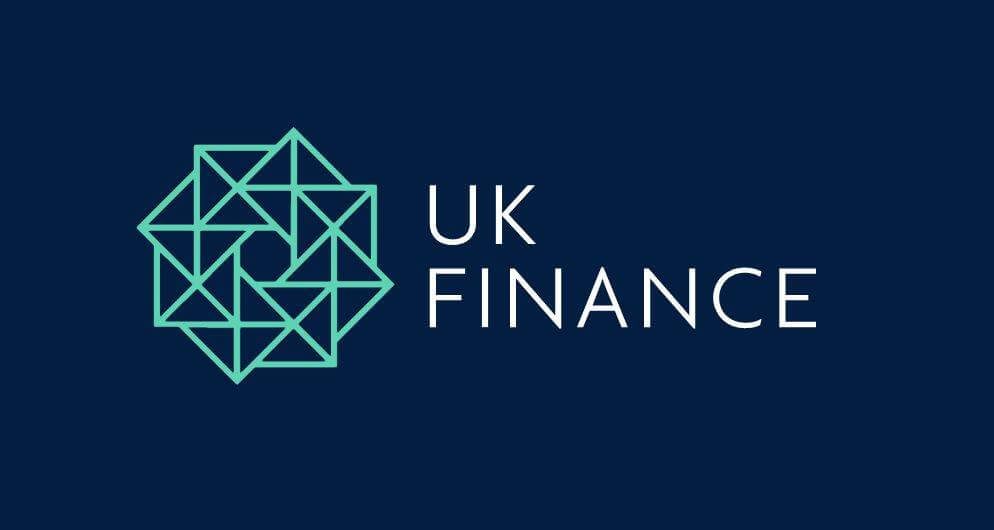Banking trade body UK Finance has described the level of fraud in the UK as a ‘national security threat’, with criminals stealing up to £4m a day from Brits in the first half of the year.

As a result, a new ‘159’ fraud hotline has been launched for people to report and check financial scams, as they happen. With this service, the caller who dials 159 will automatically be connected to their bank’s fraud prevention service.
While the helpline is a positive step, personal finance experts at money.co.uk say it doesn’t mean you can relax or stop taking steps to protect yourself too.
James Andrews, senior personal finance editor at money.co.uk, said: “The threat of fraud has been rising over the years, and the recent figures from UK Finance are a reminder for us to be more aware when it comes to protecting our data online.
“First of all, safeguard your devices. As an absolute minimum, you’ll need an up-to-date anti-virus and firewall for your laptop or computer, which will detect fraudulent websites and emails before they can cause harm. Investing in more technical software such as anti-spyware is also recommended, as this will block or remove spy programmes designed to steal your personal data.
“When it comes to using the internet, it’s so important to check whether the site you’re on is legitimate or not. Things such as poorly written language, incorrect URLs and missing or incomplete contact details are key indicators that a site is not trustworthy.
“In the past, a simple way of vetting a website was to look for the padlock symbol in the URL bar. However, the more sophisticated scammers have found ways to forge the symbol, so it’s important to carry out other checks before you decide whether a company is trustworthy.
“One easy step to vet a site is to search on Google to find out if the company behind the site has a physical location somewhere in the world. Then, you can go on sites such as Trustpilot to see what people are saying about the company. If there’s no location listed and no reviews on Trustpilot, that’s a major red flag.
“When you’re dealing with a company that specialises in financial services or products, it’s crucial you check their details on the Financial Conduct Authority (FCA) register.
“This is a database that holds details of every financial company that’s registered with the FCA and you can search for a specific company by name or postcode. If a financial company isn’t on the FCA register, avoid them at all costs.
“The way a company asks you to pay is another good indicator of its trustworthiness. Fraudulent companies will often ask you to pay via direct bank transfer, whereas this is rare with legitimate sites as the transaction is not protected.
“When it comes to payment, be sure to only use a credit card for online transactions. Doing this will help you keep track of purchases, making you spot any fraudulent activity quickly if your details are compromised.
“As well as this, your credit card will have anti-fraud measures in place (plus procedures for dealing with fraud victims). It’s also important to know that the Consumer Credit Act will allow you to make a claim to get your money back, as the credit card company is jointly liable for any misrepresentation by the retailer or seller.
“If you think you’ve fallen victim to a fraud scam, you must contact your bank either directly, or by dialing the new ‘159’ fraud hotline. Once your bank has been informed, they can increase the security on your account temporarily to prevent further money being taken.
HedgeThink.com is the fund industry’s leading news, research and analysis source for individual and institutional accredited investors and professionals


































